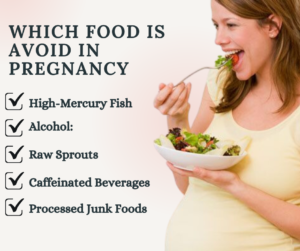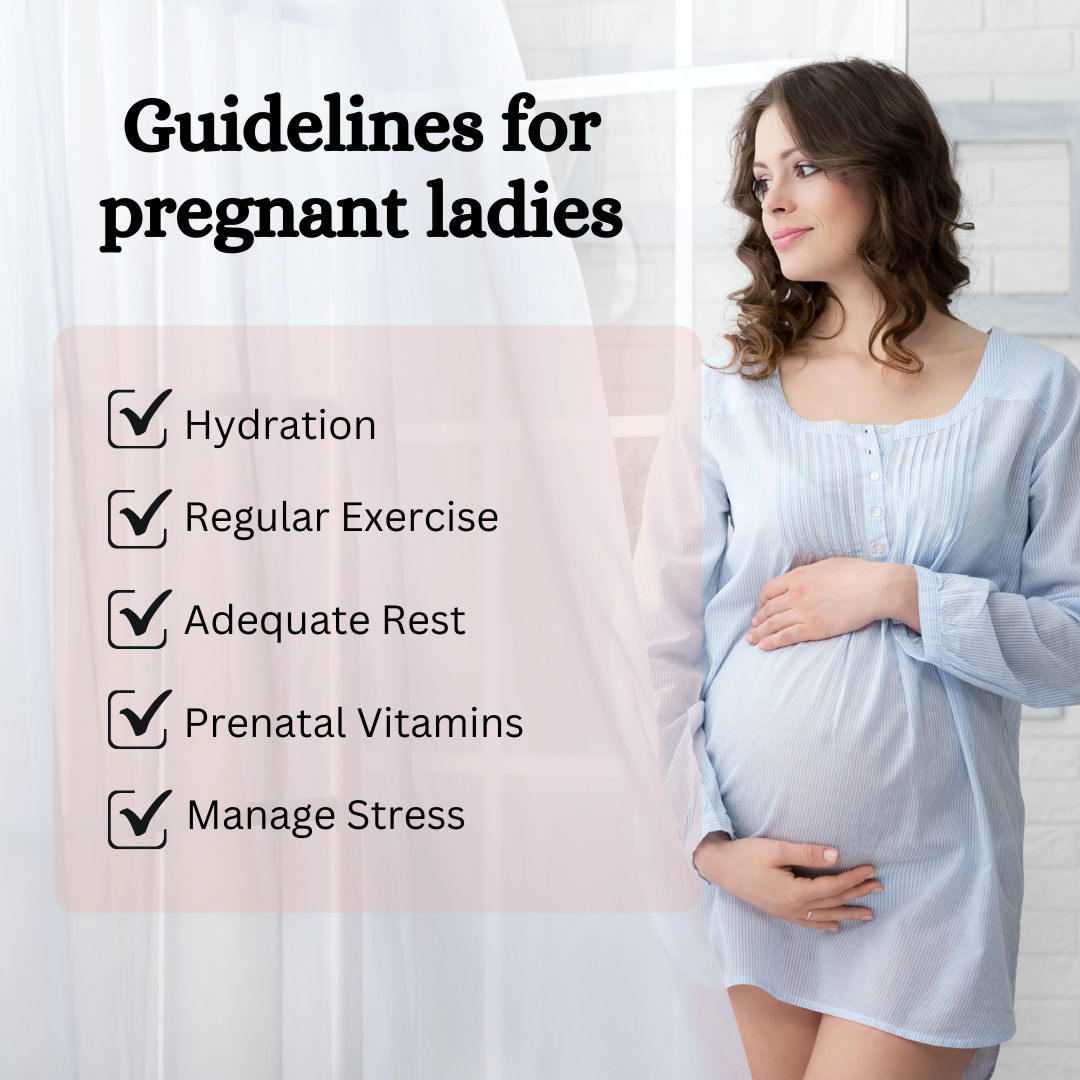Diet Chart For Pregnant Ladies
When you’re pregnant, your body becomes a nurturing environment for a developing life. The food choices you make directly impact not only your own health but also the growth and well-being of your baby. If you are looking for guidance on what to eat, a diet chart for pregnant ladies can be a helpful tool. Eating a healthy, well-balanced diet, rich in essential nutrients and protein, is vital for supporting your baby’s journey from conception to birth.
Indian diet chart for pregnant ladies
What is the best diet chart for pregnant ladies?
A balanced diet rich in essential nutrients is crucial for a healthy pregnancy. A well-structured diet chart ensures that both mother and baby receive optimal nourishment to support the extraordinary journey of pregnancy. Here are some fundamental elements of an ideal diet plan:
Why pregnant women need a diet plan
A well-planned diet during pregnancy is essential for several reasons:
- Optimal Fetal Development: A balanced diet provides the building blocks for your baby’s growth and ensures proper development of organs, tissues, and the nervous system.
- Healthy Weight Gain: A structured diet helps manage pregnancy weight gain, reducing potential risks for both mother and baby.
- Prevention of Deficiencies: Adequate intake of essential nutrients like iron, folate, and calcium protects against deficiencies that can lead to complications during pregnancy.
- Energy and Well-being: A nutritious diet provides sustained energy and promotes overall health and well-being for the mother.
- Reduced Risk of Complications: A healthy diet reduces the risk of gestational diabetes, preeclampsia, and other pregnancy-related complications.
Types of diet chart for pregnant ladies
Here are some examples of diet charts suitable for pregnant women. Your ideal chart might vary depending on specific needs and preferences. Consulting a doctor or nutritionist is always recommended.
Sample Diet Chart
Which vegetables are best for pregnancy?
Focus on these nutritious vegetables during pregnancy:
Leafy Greens: Spinach, kale, and other leafy greens are packed with folate, iron, and calcium.
Sweet Potatoes: An excellent source of beta-carotene, which the body converts to vitamin A, crucial for fetal development.
Broccoli & Bell Peppers: Rich in vitamin C and antioxidants, vital for immune function and iron absorption.( https://www.webmd.com/food-recipes/health-benefits-broccoli)
Avocados: A powerhouse of healthy fats, fiber, folate, and potassium.
( https://www.healthline.com/nutrition/12-proven-benefits-of-avocado)
Legumes: Lentils, peas, and beans provide protein, fiber, and essential nutrients.
Which food should be avoided by pregnant ladies?
To ensure a healthy pregnancy, avoid or limit the following:
- Raw or Undercooked Meats and Seafood: Carry a risk of food-borne illnesses.
- High-Mercury Fish: Swordfish, king mackerel, shark, and tilefish.
- Alcohol: No amount of alcohol is safe during pregnancy.
- Raw Sprouts: May harbor bacteria.
- Unpasteurized Dairy Products: May contain harmful bacteria.
- Caffeinated Beverages: Limit intake to moderate amounts.
- Processed Junk Foods: These are empty calories and offer little nutritional value

Which vegetable is not good for pregnancy?
While most vegetables are safe and beneficial, there are a couple of things to keep in mind:
Raw Papaya: Unripe or semi-ripe papaya may contain a substance that could trigger early labor.
(https://www.tataaig.com/knowledge-center/health-insurance/papaya-during-pregnancy)
Limit High-Nitrate Vegetables: Vegetables like spinach and beets are healthy in moderation, but excessive consumption could interfere with oxygen transport in the body.
Can I eat Tomatoes while pregnant?
Yes! Tomatoes are a fantastic addition to your pregnancy diet. Rich in vitamin C, potassium, folate, and lycopene (a powerful antioxidant), tomatoes support a healthy immune system and may even protect against certain birth defects. (https://www.healthline.com/nutrition/foods/tomatoes)
Is Brinjal (eggplant) harmful during pregnancy?
Brinjal is safe and nutritious when consumed in moderation during pregnancy. It’s a good source of dietary fiber, vitamins, and minerals. However, excessive consumption might lead to indigestion or trigger acid reflux in some people. Also, the potential to increase the risk for premature birth, while debated, means it’s best to enjoy eggplant in moderation. (https://www.webmd.com/food-recipes/eggplant-health-benefits)
Guidelines for pregnant ladies
Pregnancy is a time of immense change, and it’s essential to prioritize self-care.
Here are some valuable guidelines:
Hydration: Drink plenty of water throughout the day to stay hydrated and prevent constipation. (https://www.mayoclinic.org/healthy-lifestyle/pregnancy-week-by-week/in-depth/pregnancy-nutrition/art-20043844)
Regular Exercise: Engage in light to moderate exercise like walking, swimming, or prenatal yoga, unless advised otherwise by your doctor
Adequate Rest: Aim for sufficient sleep as your body is working extra hard.
Prenatal Vitamins: Consult your doctor about a prenatal vitamin to supplement any nutritional gaps.( https://www.mayoclinic.org/healthy-lifestyle/pregnancy-week-by-week/in-depth/prenatal-vitamins/art-20046945)
Manage Stress: Practice stress-reduction techniques like meditation, deep breathing, or spending time in nature.
Food Safety: Wash fruits and vegetables thoroughly, cook meat and fish properly, and avoid raw or undercooked foods. (https://www.fda.gov/food/people-risk-foodborne-illness/food-safety-pregnant-women-and-their-unborn-babies)

Yogic Management of Pregnancy Discomforts
Many women experience minor discomforts during pregnancy. Simple yogic techniques can offer relief and promote overall well-being:
- Nausea and Vomiting: Practice deep breathing exercises and light stretches.
- Constipation: Incorporate fiber-rich foods, drink plenty of fluids, and engage in light exercise. Specific yoga poses can also help.
- Back Pain: Practice good posture and use supportive pillows. Gentle yoga stretches can provide relief.
- Swelling: Elevate feet when sitting and consider gentle compression stockings.
- Sleeplessness: Establish a consistent sleep routine, avoid caffeine before bed, and practice relaxation techniques.
Conclusion
A balanced diet is a significant contributor to a healthy and joyful pregnancy. By focusing on nutrient-rich foods, staying hydrated, and prioritizing your overall well-being, you can nourish both yourself and your growing baby. Remember, every pregnancy is unique, so always consult your doctor for personalized advice.
FAQ
Q: How many extra calories do I need during pregnancy?
A: Calorie requirements vary based on trimester and activity level. Consult a healthcare professional for personalized guidance.
Q: Are there any supplements I should be taking?
A: A prenatal vitamin is typically recommended. Discuss additional supplements with your doctor.
Q: Can I continue exercising during pregnancy?
A: In most cases, moderate exercise is safe and beneficial. Always consult your doctor before starting any new exercise routine.
Q: I have food cravings. Is it okay to indulge sometimes?
A: It’s perfectly normal to experience food cravings during pregnancy. Occasional indulgences in moderation are usually fine, but prioritize healthy choices most of the time. If you have cravings for non-food items (like dirt or ice), consult your doctor.
Q: I’m vegetarian/vegan. How can I ensure I’m getting enough protein and iron?
A: Plant-based diets can absolutely support a healthy pregnancy. Focus on protein-rich sources like beans, lentils, tofu, nuts, and seeds. Iron-rich foods include fortified cereals, dried fruits, and leafy greens. Consult a nutritionist for additional support.
Q: I have gestational diabetes. How does this affect my diet?
A: Managing gestational diabetes requires careful monitoring of carbohydrate intake and blood sugar levels. Work closely with your doctor and a registered dietitian to develop a personalized meal plan.
Q: I’m lactose intolerant. How can I get enough calcium?
A: Opt for lactose-free dairy products, calcium-fortified plant-based milk alternatives (soy, almond, etc.), leafy greens, tofu, and canned fish with bones. Your doctor might also recommend a calcium supplement.
Q: Is it safe to fast during pregnancy?
A: Fasting is generally not recommended during pregnancy, especially for extended periods. Consult your doctor if you plan to fast for religious or cultural reasons, as they can guide you on safe practices.


